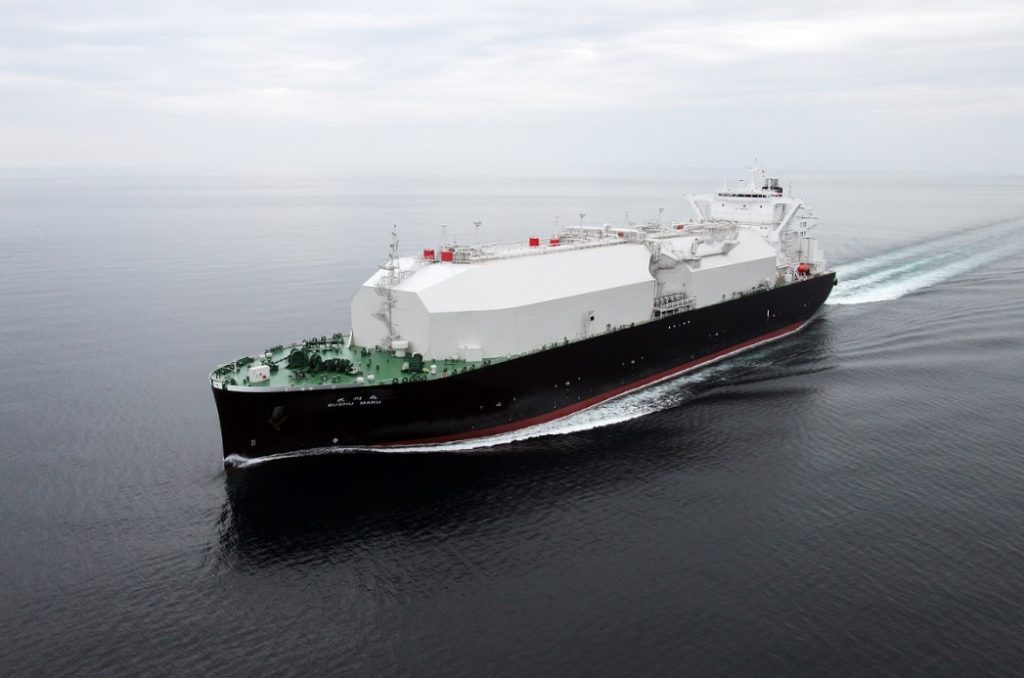Japan’s liquefied natural gas (LNG) imports dropped in January compared to the same month last year, according to the provisional data released by the country’s Ministry of Finance.
The country’s LNG imports decreased by 10.5 percent year-on-year in January to 6.1 million tonnes, the data shows.
LNG imports dropped compared to 6.49 million tonnes in the previous month, which marked an increase year-on-year.
Japan’s coal imports for power generation decreased in January compared to the last year.
Coal imports were down by 6.8 percent to 9.95 million tonnes, and Japan paid about $1.62 billion for these imports, a drop of 53.6 percent compared to the last year, the data shows.
LNG import bill down
According to the preliminary data, the January LNG import bill of about $4.15 billion decreased by 28.8 percent compared to the same month last year.
State-run Japan Oil, Gas and Metals National Corp (JOGMEC) did not publish both the contract-based and the arrival-based monthly spot LNG price in January as there were less than two companies that imported spot LNG.
The average price of spot LNG cargoes that were delivered in Japan within the month of December regardless of the month when the contract was made (arrival-based price) was $16.9/MMBtu.
JOGMEC also said in a report this week that the “Northeast Asian assessed spot LNG price JKM for the previous week (February 12 – 16) decreased to high $8s on February 16 from low $9s the previous week.”
JKM fell due to sufficient supply and high inventory, it said.
METI announced on February 14 that Japan’s LNG inventories for power generation as of February 11 stood at 2.06 million tonnes, down 0.23 million tonnes from the previous week.
LNG deliveries
As per LNG shipments going to Japan in January, deliveries from Asia decreased by 14.7 percent to 1.6 million tonnes, the ministry’s data shows.
Middle East LNG shipments dropped by 7.4 percent to 728,000 tonnes in January.
Moreover, shipments from Russia decreased by 7.2 percent to 654,000 tonnes, while US deliveries rose by 19.6 percent to 601,000 tonnes in January.
Japan was the world’s top LNG importer in 2022, overtaking China, but both of the countries took fewer volumes compared to the year before.
China has overtaken Japan to become the world’s top importer of LNG last year.
China’s LNG imports rose 12.6 percent to about 71.32 million tonnes in the January-December period.
The country imported some 5.17 million tonnes of LNG more than Japan in 2023.
Japan’s power utilities such as Kansai Electric increased their nuclear power utilization rate in 2023.
The Institute of Energy Economics, Japan (IEEJ) said in a recent report that due to the restart of some nuclear power plants and an increase in solar photovoltaics capacity, coupled with a rise in coal-fired power generation capacity, Japan’s LNG imports are expected to decline below 60 million tonnes in FY2024.

